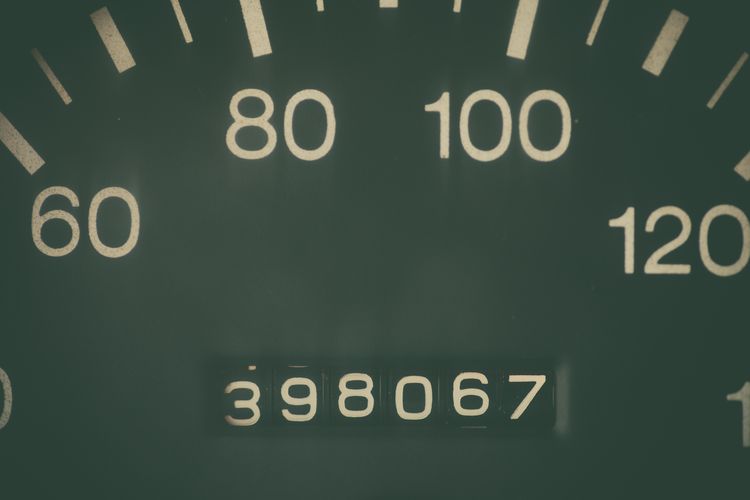What You Should Know About A Car’s Pink Slip When Changing Ownership
If you don’t know what a pink slip is when it comes to cars, there’s no need to see red – you’re not alone.
The term “pink slip” isn’t used very often in everyday conversation about cars. You may have heard references to it in older movies or dated TV shows, but chances are you haven’t noticed anyone referencing a pink slip as of late. But the term still pops up from time to time, so it’s worth knowing what it means to you, your vehicle, and your vehicle ownership.

Pink Slip vs. Title
Here’s the simple truth: A pink slip and a car title are one and the same; they are synonyms. The term “pink slip” originated in California, where car titles issued before the late 1980s were printed on – you guessed it – pink paper. It became a familiar language in Hollywood productions, as it was deemed that “pink slip” sounded more dramatic on screen than the more pedestrian “title.” Not surprisingly, movies and television shows began to feature car races where drivers would try to win and grab hold of the loser’s “pink slip.”
But alas, in today’s world pink paper has taken a back seat when it comes to car titles. Many states use standard white paper, sometimes with various colors embedded as a security measure designed to thwart counterfeiters.

What Exactly Is A Pink Slip?
A vehicle’s title, also known as a certificate of title, is a legal document that establishes the vehicle’s registered owner, whether that be a business or an individual. The Department of Motor Vehicles (DMV) usually issues titles, but the issuing process, the document’s appearance, and the exact information provided can vary slightly depending on the state issuing the title.
Vehicle title information generally includes:
- Vehicle owner’s information (including name and address)
- Vehicle identification number (VIN) (a 17-digit string of letters and numbers unique to each vehicle)
- Vehicle’s registration information, including license plate number
- Financial information such as vehicle’s purchase price, taxes
- Vehicle’s mileage (new and used cars)
- Lienholder information if the vehicle was purchased with a loan
If the car purchase was financed either by a bank or other financial entity, the title is usually held by the lender until the loan has been fully repaid. The lender’s name and information usually appear on the title until the loan is satisfied.

When You’ll Need The Title
Whenever ownership of your vehicle is transferred from one person to another, the title will need to be updated with information that pertains to the new owner. Updated information usually includes signatures from both parties, as well as supporting information about the sale. A designated area on the title, usually located on the back of the form, allows for entering sale information. In some cases, the new owner is required to mail or take the existing title to the DMV, and then request a new document indicating the new ownership. Some states may require a notary’s authorization and additional documentation such as a bill of sale before issuing a new title.
If you decide to give a vehicle to someone, you’ll need to update the title as well. Even if the vehicle is an outright gift and no money changes hands, tax obligations may still come into play for one or both parties. And after all is said and done, the title will need to be updated with the new owner’s name and information.

Title Loans
Obtaining a title loan is the process by which ownership of a vehicle is offered as collateral. Title loans are particularly helpful for individuals with no credit or poor credit; in such cases, the vehicle’s value secures the loan. Should the loan not be repaid, the lender has the legal right to seize the vehicle – and its title – in order to recoup the loss of funds that were loaned.
If your pink slip is lost or accidentally destroyed, you’ll need to provide a notarized title application to your local DMV, and a form of identification as well. An application fee usually applies.
